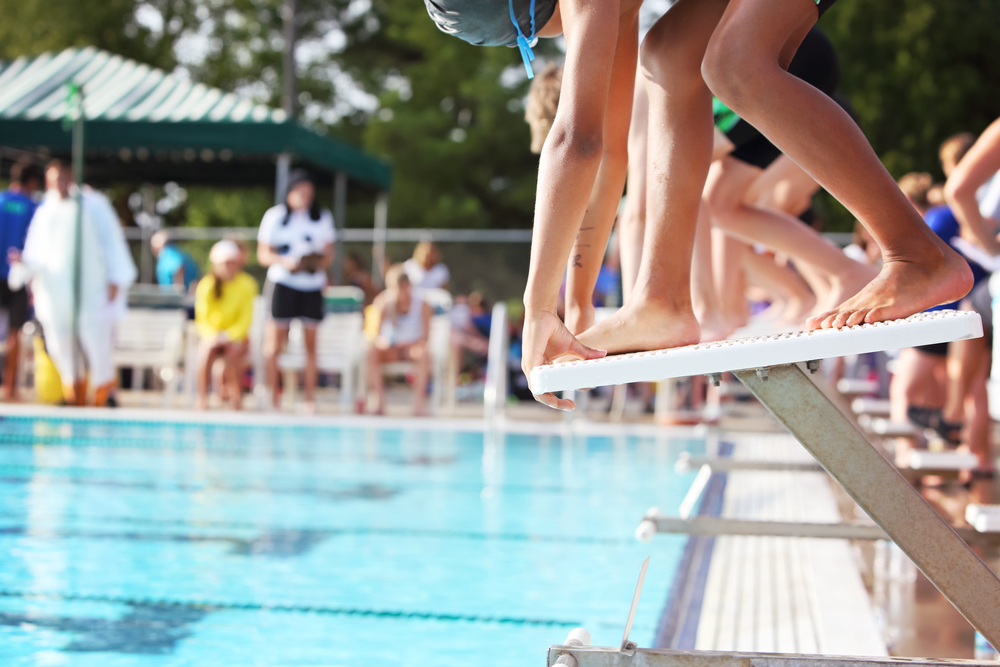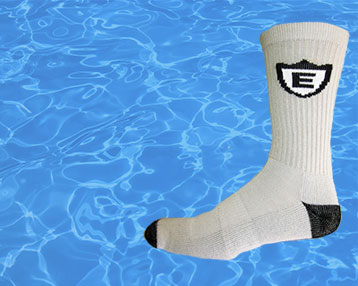
How to Avoid Pushing Your Swim Team Too Far
As a swim team coach, you’re responsible for keeping your athletes motivated throughout the season. It’s important to train hard and maintain a focus on precision from the beginning to the end of the year. However, it’s also equally important to maintain a balance between hard work and relaxation. You don’t want your team to become completely overwhelmed and burn out. Therefore, in this post, we’ll discuss ways you can prevent your athletes from burning out and losing steam halfway through the season.
1. Maintain Variety
It is easy to become burnt out in any sport or activity if you become bored or feel trapped in a never-ending cycle of repetition. You might be pushing your swimmers to do the same exercises over and over again, putting them at risk of overtraining and eventual burnout. Instead of focusing on a narrow range of exercises, introduce variety into their routine. Try practicing at a different pool or in the open water, if possible.
Find ways to challenge them without pushing them too far. If you feel like they’re still stuck in a routine that is pushing them toward burnout, ease up on the pressure.
2. Set Attainable Goals
Having unreachable goals is one of the primary factors leading to burnout in swimming. If the goals are unrealistic, it’s easy to feel like your hard work is worth nothing. Without a sense of accomplishment, swimming can quickly become a burden. This does not mean they should swim without clear goals in mind.
On this opposite end of the spectrum, they will likely feel aimless. If they’re not working toward something, why are they trying so hard? To avoid this potential pitfall, set attainable goals for them. Drive them toward beating their personal best time, if even by a split second. Work toward placing in a swim meet. Be honest with them when setting goals or refining their technique. When they have concrete goals, remind them as they train and compete. When they achieve a goal, take the time to celebrate and make a new goal. Even small successes go a long way toward avoiding burnout.
3. Allow Sufficient Recovery Time
Overtraining is unsustainable in the long term. They will likely burn out, and their bodies will certainly pay the price. Pushing through when their body needs to recover will not make them better athletes. Ultimately, it will cause setbacks that will take them further from their goals. Even high-level swimmers need time for their bodies to recover. In addition to physical recovery, competitive swimming can be high-stress for many athletes. Stress heightens as competitions draw closer.
Recognize the signs of physical and mental stress. Between competitions, give them some breathing room. Lighten their training schedule. Allowing that recovery time will better prepare them for future challenges and leave them feeling refreshed, rather than stretched too much and on the verge of burnout.
4. Don’t Forget to Have Fun
Not everything about any sport is fun. There are long hours. There’s blood, sweat and tears involved – sometimes figuratively, sometimes not. When swimming competitively, their hair is always on the verge of being dried out by chlorine. They’re tired from those early morning laps. Sometimes they’re sore. Sometimes they would rather be anywhere but in the pool. But in the end, these should be fleeting concerns. They should look forward to the next meet. Also, they should feel a surge of adrenaline when they step up onto the blocks. The hard work and competition should feel fun.
If they lose that sense of fun, burnout is just around the corner. Pushing them so hard for something that they do not even enjoy is not worth it. If they feel that sense of fun slipping away, ask yourself why. Are they overtraining and not letting their body recover? Are they chasing goals they will never meet? Could the other responsibilities in their life be suffering? Try to encourage them to ease the root cause of the pressure. This can be difficult when competition is involved. After all, winning takes serious commitment. Think of fun as one of their goals, alongside improving their time and technique. It’s okay to laugh in the pool, and it’s okay to try some new, silly exercise. If they keep seeing swimming as fun, why would they ever want to stop?
Conclusion – Team Towels
Ultimately, swimming should be a fulfilling and rewarding experience for your team. Therefore, you should take these tips into consideration to maximize their enjoyment throughout the season. Also, rewarding your team with brand-new, custom team towels is a perfect way to reinforce your commitment to their success.

